
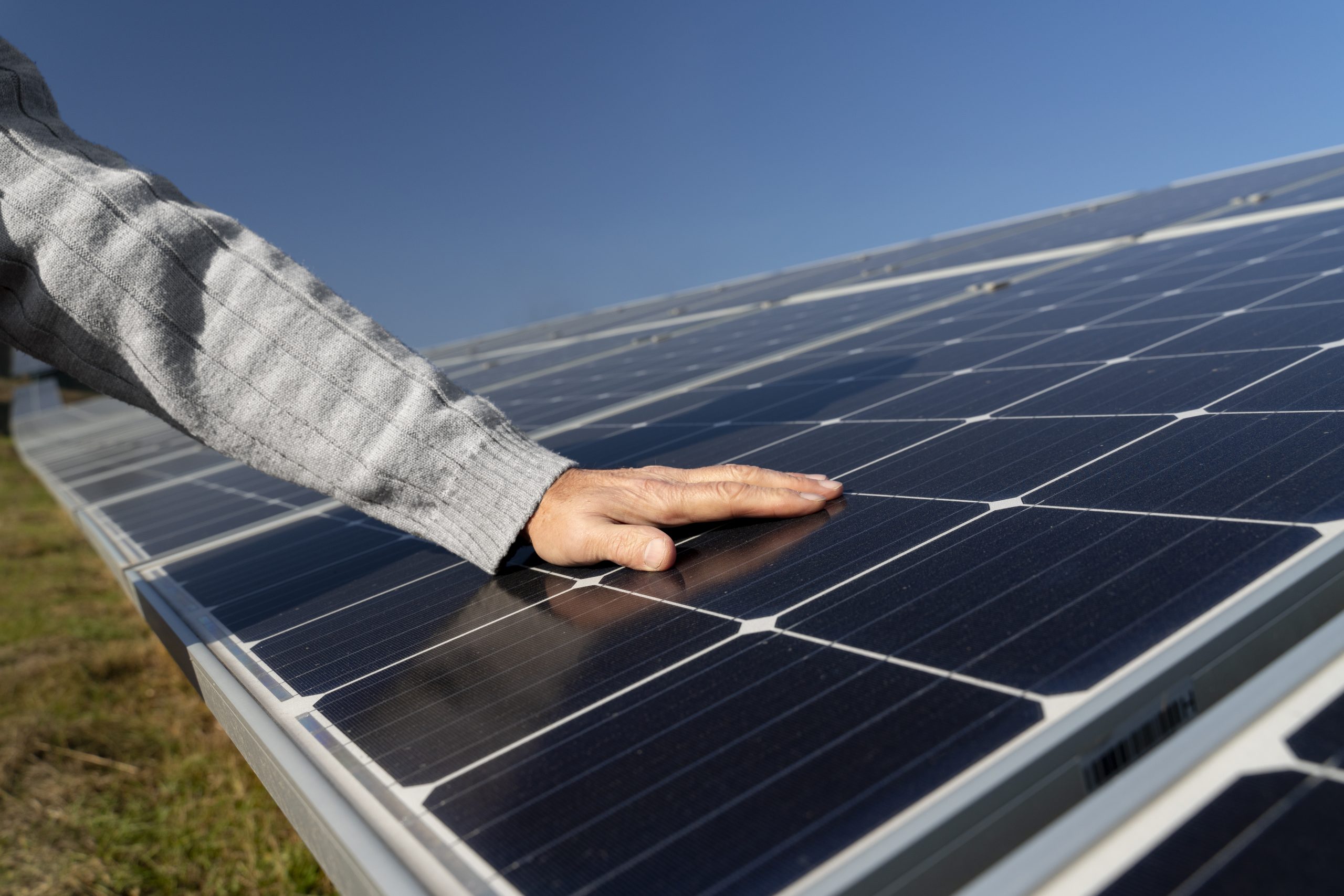


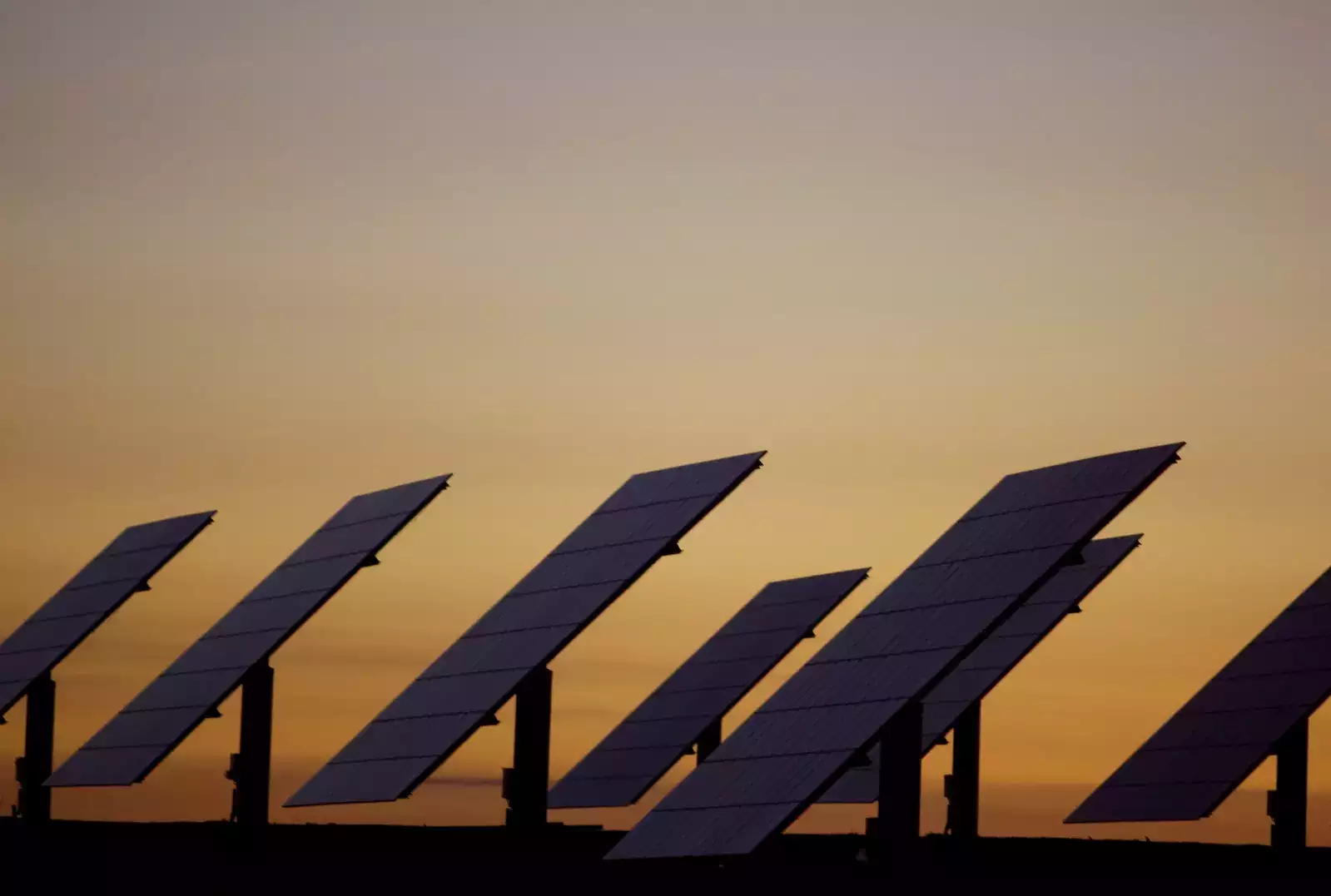
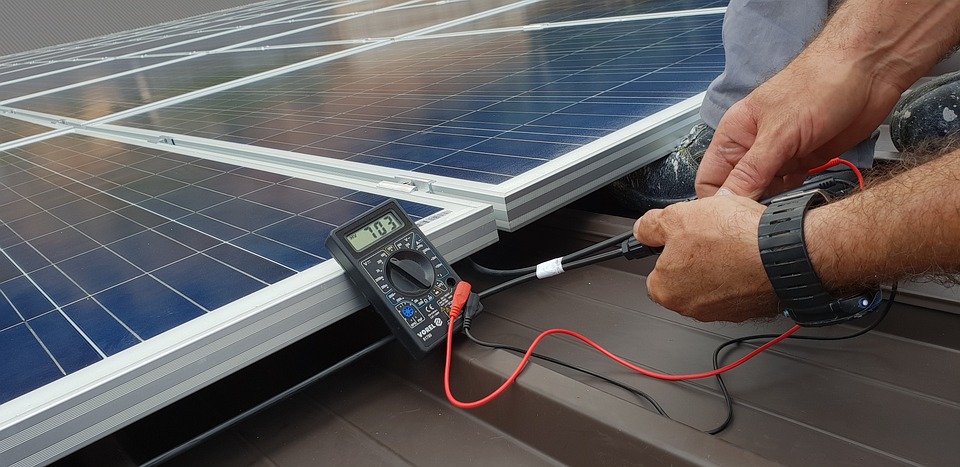
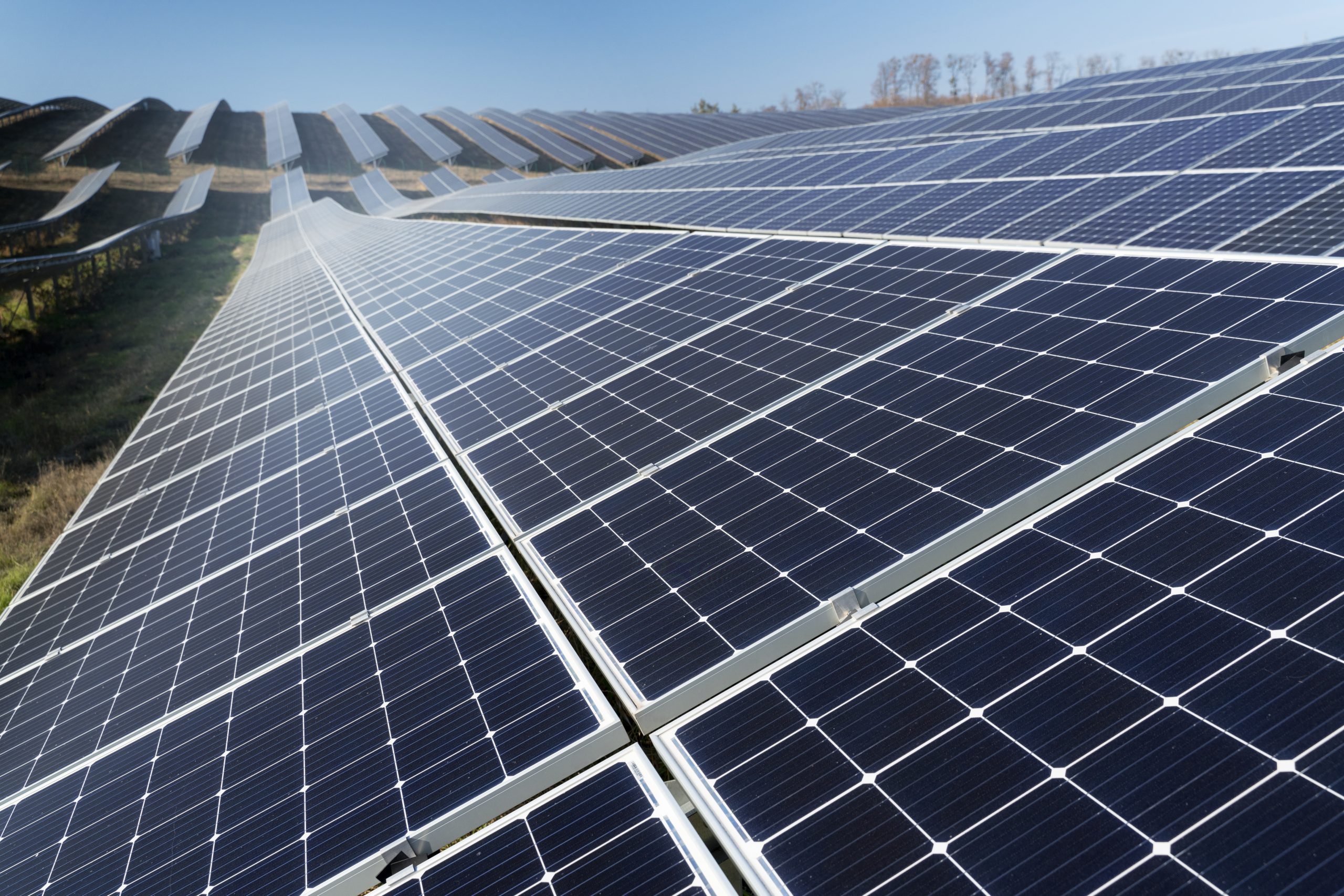
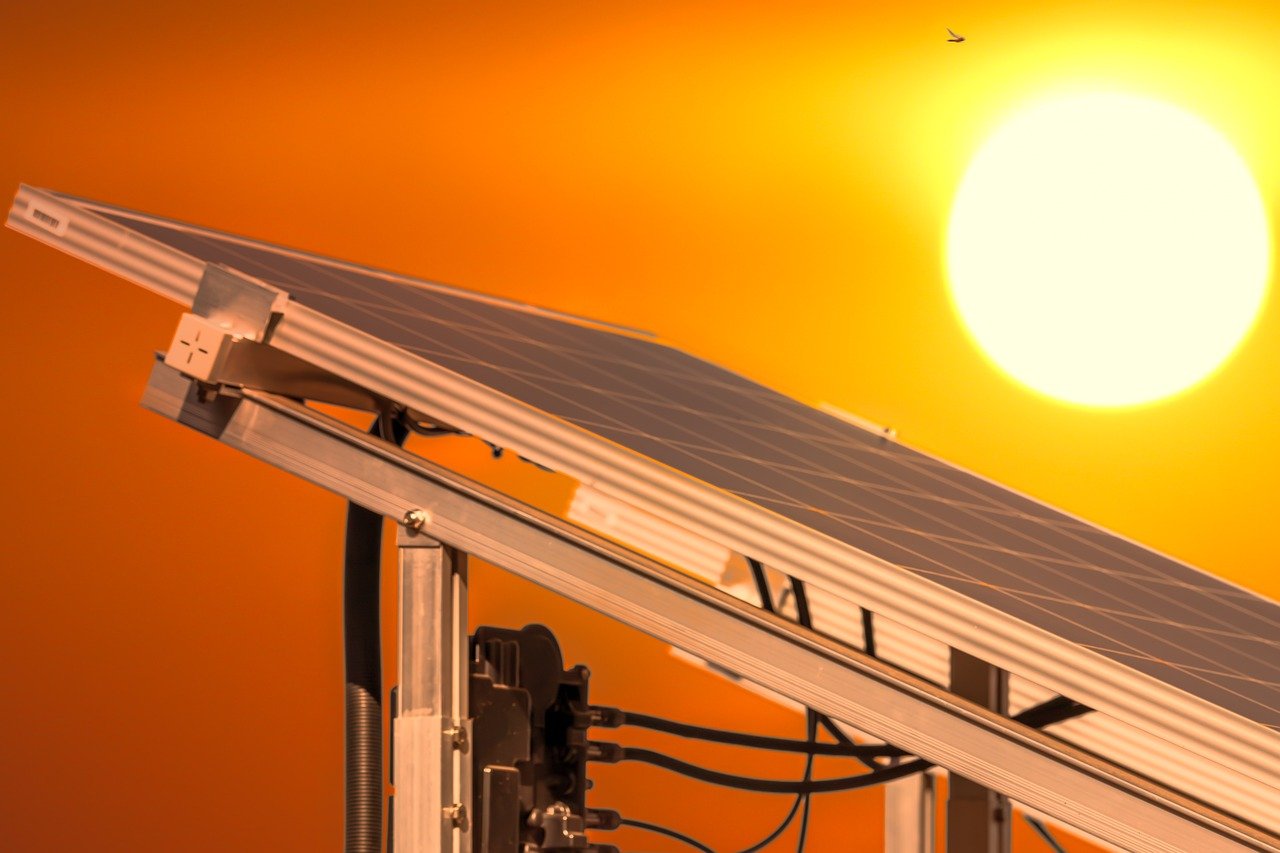

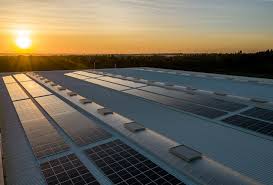
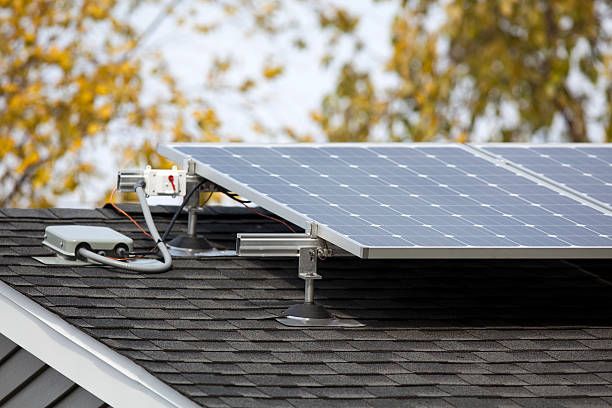
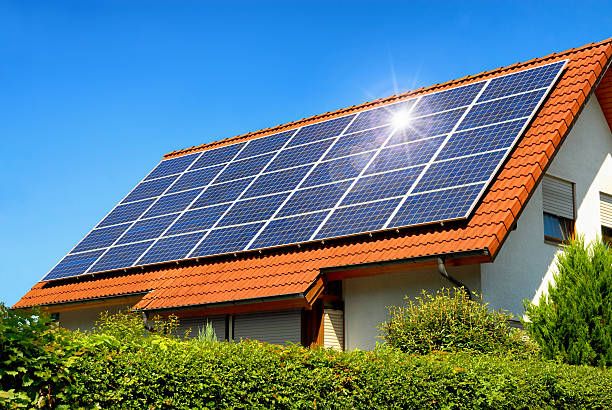
Solar energy is a type of energy that is generated from the sun in the form of either electrical or thermal energy. Read on to know about solar energy and whether it is affected by weather conditions.
Solar energy is the largest energy source on the planet earth. At any given minute, around 173,000 terawatts of solar energy reach the earth's surface. This amount is 1000 times more than the total energy that our world needs.
We can utilize this solar energy by turning it into electricity for our homes or businesses. Solar energy is the key solution to our global warming and climate change problems since we can reduce our dependence on fossil fuels.
The Bell Labs were the first to develop photovoltaic cells in the year 1954. Although solar energy was captured and converted into usable energy through many other sources, it was in 1954 that solar power was considered a viable source to power devices. Earlier, solar cells were able to convert solar energy into electricity with 4% efficiency. Today the efficiency has increased to 20%, and it's still growing.
The sun is a natural nuclear reactor. Photons, which are tiny energy packets, are released by the sunlight. These photons travel a distance of 93 million miles from the sun to earth within 8.5 minutes. Each hour, these photons that reach the earth's surface generate enough solar energy needed to satisfy the global energy needs for a year.
The current photovoltaic power accounts for around five-tenths of one percent of the energy that is consumed in the United States. However, solar technology is improving every day, and the cost to employ solar power in our daily life is dropping. This drop in price increases our ability to harness abundant solar energy.
The International Energy Agency proved that solar energy had become the world's fastest-growing power source in 2017. This was the first time that solar energy has surpassed all other energy fuels and stood as the most used power source. Since then, solar energy has been used extensively and broke records across the globe.

Looking for more information: Advantages and Disadvantages of Solar Energy
Solar panels are also known as solar modules. A layer of silicon cells, a glass casing unit, a metal frame, and wiring that transfers the electric current from silicon are the components of a solar panel. The silicon metal is used because of its properties like nonmetal and conductivity. These properties allow the silicon to absorb and convert solar energy into usable electricity.
This effect is the basis of generating electricity from solar panels. It was discovered by Edmond Becquerel in the year 1839. This effect is thought of as the property of semiconductors to generate electric current when they are exposed to sunlight. The wires capture this generated (DC) direct current electricity and feed it to the solar inverter.
The solar inverters are like the brains of the system. These inverters take the direct current from the silicon layer and convert it into an alternative current (AC). Along with this conversion, they also provide ground fault protection and system stats. These statistics include the voltage and current of both AC and DC circuits, maximum power point tracking, and energy production.
The central inverters are the most common type which has dominated the solar industry since the beginning. With the introduction of micro inverters, there is a technology shift within the industry as they optimize each panel and not the entire solar system.
The weather conditions could affect the amount of energy generated by solar products. On a clear sunny day, these solar devices work most efficiently. However, just like most electronic devices, these solar panels prefer cold weather conditions to hot days. This will allow the solar panel to generate more electricity in a similar period.
When the temperature rises, and it gets hot, the panel generates less voltage producing less electricity as a result. Although these solar panels prefer high cold weather conditions, they do not produce more electricity in winters compared to summers. During the warm summer months, the hot weather is seen generally, while the sun is out without any clouds covering the rays.
Despite the efficiency of the panels being dropped due to the hot weather, they produce more electricity in summers due to direct sun rays hitting the panels.
Read further: What Will Be The Future Of Solar Energy In The Next 5–10 Years?
Weather conditions differ in states!
Some states reach higher temperatures in summers than other states. This temperature difference is because of the solar energy that is emitted by the sun. So you might be wondering if states that receive more solar energy are better for solar panels working.
Although the weather might not be the only reason, the answer is yes. For example, let us consider the clouds. You might think that a state where it is always gloomy with clouds covering the sun is bad for solar panels' efficiency. But sun rays penetrate clouds.
However, based on how heavy the clouds are and the quality of the solar panels, the amount of electricity generated by the solar panels may drop from 10 to 25% when compared to a hot sunny day.
Solar energy is an intelligent investment no matter where you live. It even helps in reducing climate change. Although the initial investment is high, you will see your investments returning based on the factors like cost of electricity at your place, available solar incentives, net metering, along with the quality of your solar panels.
If you are planning to switch to solar panels and utilize solar energy while contributing to society in combating climate change, you can reach out to Waaree Energies Ltd.- one of the largest manufacturer of solar panels. Contact us via call at 1800-2121-321 or mail us at waaree@waaree.com.
You can also read: Awesome Facts About Solar Energy You Can’t Miss